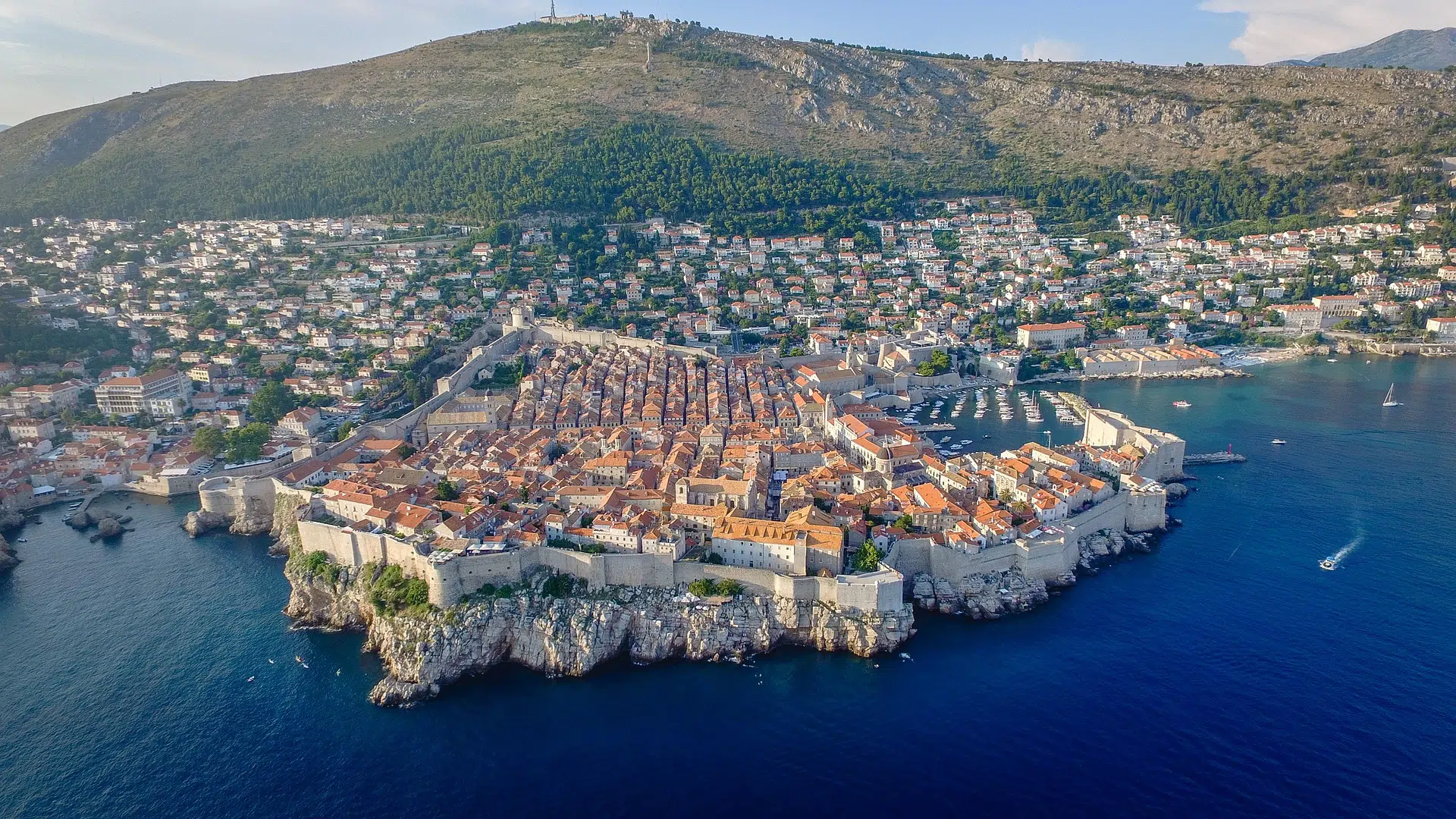Frequently Asked Questions About Croatia
General FAQs for Croatia
What is the capital of Croatia?
What is best currency to use in Croatia?
What languages are spoken in Croatia?
When is the best time to travel to Croatia?
How many days do you need for a trip to Croatia?
What is the emergency number in Croatia?
There are a number of emergency contact numbers in Croatia that visitors should be aware of. These include the general emergency number, which is 112; the police, which can be reached at 192; the fire department, at 193; and the ambulance service, at 194.
Places FAQs For Croatia
What are the popular tourist places in Croatia?
What is the best way to get around in Croatia?
Budget FAQs For Croatia
What is usual cost of traveling in Croatia?
How much does a meal cost in Croatia?
What is the average cost of stay in Croatia?
What is the cheapest time for Croatia trip?
Culture FAQs For Croatia
How do the people behave in Croatia?
What is the most popular food in Croatia?
Which sports are popular in Croatia?
What are the common religions in Croatia?
What are the popular festivals celebrated in Croatia?
What are the best souvenirs to buy in Croatia?
There are many great souvenirs that you can buy from Croatia, including traditional handicrafts like handmade jewelry and pottery, local delicacies like wine and cheese, or specialty items like Croatian folk costumes or colorful scarves. Additionally, Croatia is known for its beautiful natural landscapes and dramatic coastlines, so you may also want to consider picking up a piece of artwork or photography that captures the essence of these unique natural areas. Ultimately, the best souvenirs from Croatia will depend on your personal preferences and what you are looking for in terms of quality, price, and uniqueness.
















